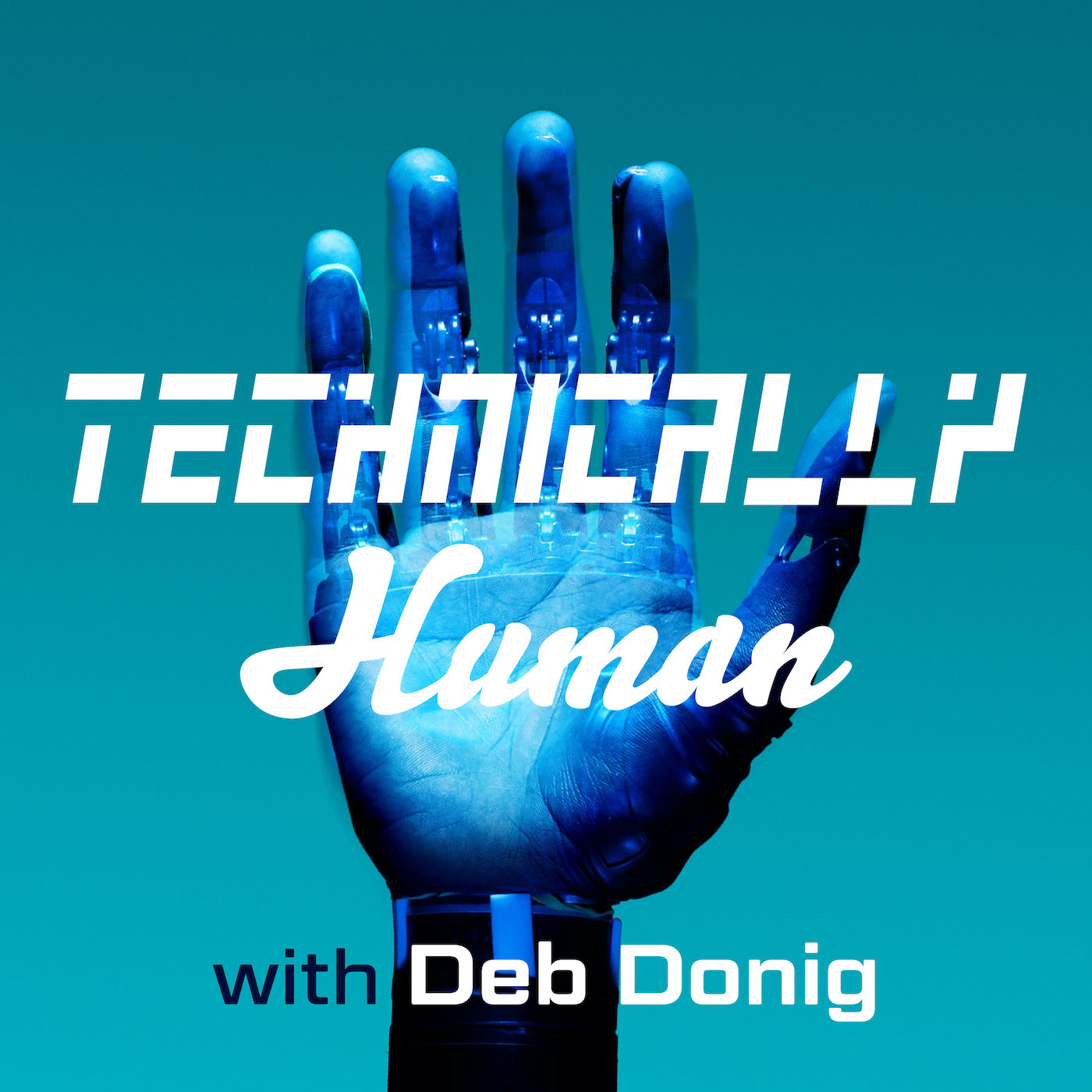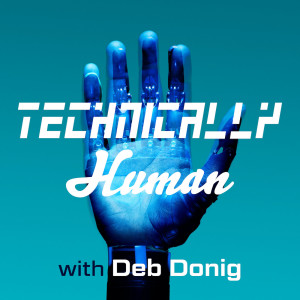
Technically Human is a podcast about ethics and technology where I ask what it means to be human in the age of tech. Each week, I interview industry leaders, thinkers, writers, and technologists and I ask them about how they understand the relationship between humans and the technologies we create. We discuss how we can build a better vision for technology, one that represents the best of our human values.
Episodes

Friday Feb 03, 2023
Computing Women: Gender Disparity in STEM Education
Friday Feb 03, 2023
Friday Feb 03, 2023
We’re back for another installment of the “22 Lessons on Ethics and Technology” special series. In this week’s episode of the series, I am joined by Dr. Mar Hicks. This episode tells the story of labor and gender discrimination in the tech industry. Dr. Hicks explains the historical background of gendered technological production that has influenced the development of computing. In her historical outline, she explains that while women were a hidden engine of growth in high technology from World War II to the 1960s, American and British computing in the 1970s experienced a gender flip, becoming male-identified in the 1960s and 1970s. What can this history teach us about the need for gender equity in technological production now? And what are the consequences of continued gender inequity for our future?
Professor Mar Hicks is a historian of technology, gender, and labor, specializing in the history of computing. Dr. Hicks’s book, Programmed Inequality (MIT Press, 2017) investigates how Britain lost its early lead in computing by discarding the majority of their computer workers and experts--simply because they were women. Dr. Hicks’s current project looks at transgender citizens’ interactions with the computerized systems of the British welfare state in the 20th century, and how these computerized systems determined whose bodies and identities were allowed to exist. Hicks's work studies how collective understandings of progress are defined by competing discourses of social value and economic productivity, and how technologies often hide regressive ideals while espousing "revolutionary" or "disruptive" goals. Dr. Hicks is also co-editing a volume on computing history called Your Computer Is On Fire (MIT Press, 2020). Dr. Hicks runs the Digital History Lab at Illinois Tech.

No comments yet. Be the first to say something!